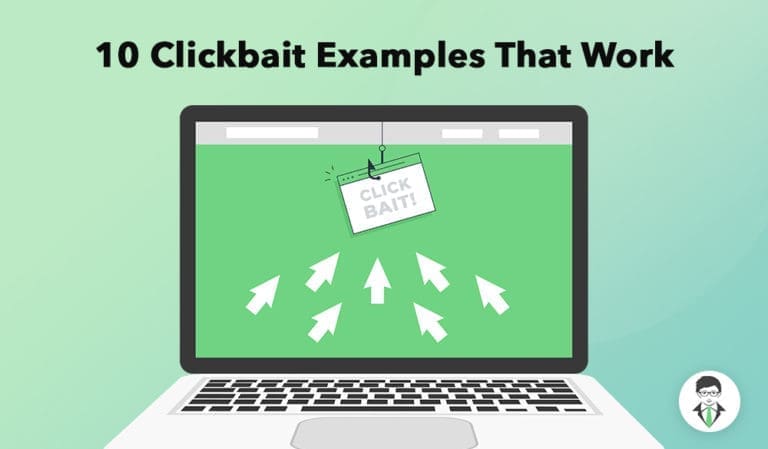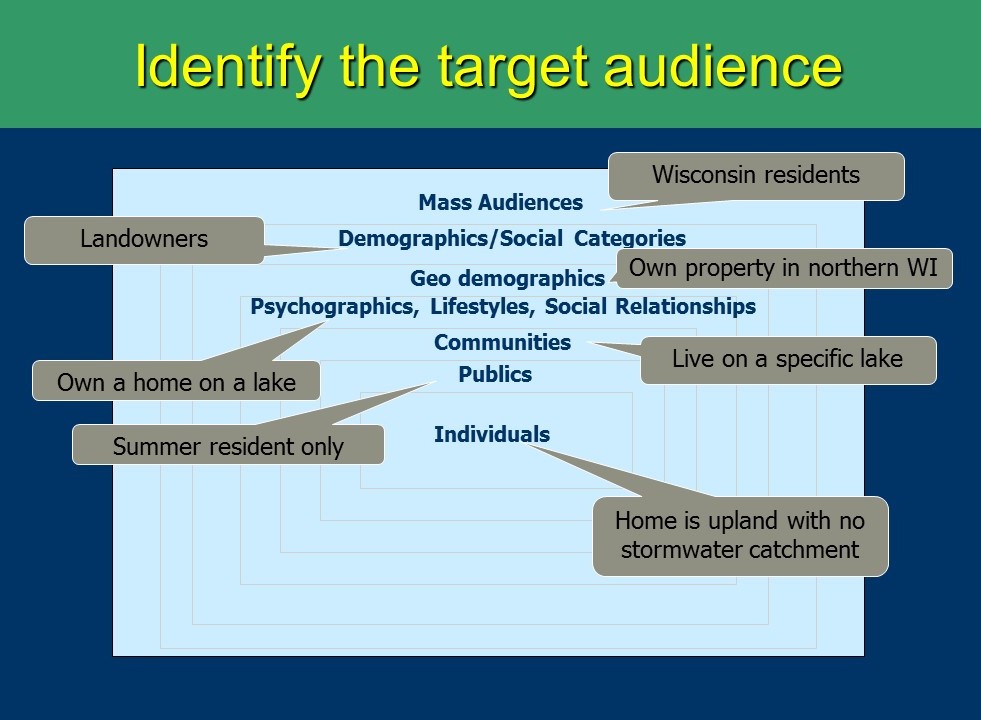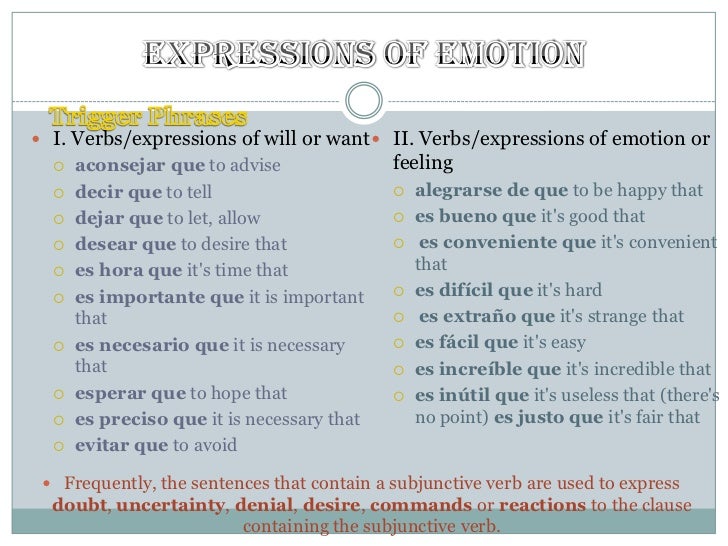The Psychology Behind Clickbait Titles: Understanding What Drives User Engagement
When it comes to crafting clickbait titles, understanding the psychology behind what drives user engagement is crucial. Clickbait titles are designed to capture attention, evoke emotions, and encourage clicks. But what makes them so effective? The answer lies in the way they tap into our psychological triggers.
One of the primary psychological factors that contribute to the success of clickbait titles is curiosity. Humans are naturally curious creatures, and clickbait titles often exploit this curiosity by using words and phrases that create a sense of intrigue. For example, titles that start with “You won’t believe…” or “The shocking truth about…” are designed to pique our curiosity and encourage us to click.
Another key psychological factor is emotional triggers. Clickbait titles often use words and phrases that evoke strong emotions such as surprise, excitement, or fear. These emotional triggers can create a powerful response in the reader, making them more likely to click on the title. For instance, titles that use words like “amazing,” “incredible,” or “unbelievable” can create a sense of excitement and wonder.
The role of dopamine in user engagement is also significant. Dopamine is a neurotransmitter that is associated with pleasure and reward. When we click on a title and find the content to be engaging and relevant, our brain releases dopamine, which reinforces the behavior and makes us more likely to click on similar titles in the future. Clickbait titles often use this to their advantage by creating a sense of anticipation and expectation.
So, how can you use these psychological factors to create effective clickbait titles? The key is to understand your target audience and tailor your title to resonate with them. By using words and phrases that create curiosity, evoke emotions, and tap into our psychological triggers, you can create titles that drive engagement and encourage clicks. Whether you’re looking to learn how to make a clickbait title or simply want to improve your title-writing skills, understanding the psychology behind clickbait titles is essential.
Identifying Your Target Audience: Tailoring Your Title to Resonate with Readers
When it comes to crafting effective clickbait titles, understanding your target audience is crucial. A well-crafted title that resonates with your audience can make all the difference in driving engagement and encouraging clicks. But how do you identify your target audience and tailor your title to resonate with them?
The first step is to understand the demographics and interests of your target audience. Who are they? What are their pain points and interests? What type of language and tone do they respond to? By understanding these factors, you can craft a title that speaks directly to your audience and resonates with them.
For example, if your target audience is young adults, you may want to use a more casual and conversational tone in your title. On the other hand, if your target audience is professionals, you may want to use a more formal and technical tone. By using language and tone that resonates with your audience, you can increase the effectiveness of your title and drive more engagement.
Another important factor to consider is the style of your title. Different audiences respond to different styles, such as humorous, serious, or inspirational. By understanding the style that resonates with your audience, you can craft a title that is more likely to engage them.
In addition to demographics, interests, language, tone, and style, it’s also important to consider the level of expertise and knowledge of your target audience. If your audience is highly knowledgeable about a particular topic, you may want to use more technical language and jargon in your title. On the other hand, if your audience is less knowledgeable, you may want to use simpler language and avoid technical terms.
By understanding your target audience and tailoring your title to resonate with them, you can increase the effectiveness of your clickbait title and drive more engagement. Whether you’re looking to learn how to make a clickbait title or simply want to improve your title-writing skills, understanding your target audience is essential.
Some tips to keep in mind when tailoring your title to your target audience include:
- Use language and tone that resonates with your audience
- Consider the style of your title and how it will be received by your audience
- Take into account the level of expertise and knowledge of your audience
- Use demographics and interests to inform your title-writing decisions
By following these tips and understanding your target audience, you can craft a clickbait title that drives engagement and encourages clicks.
The Power of Emotional Triggers: Using Words and Phrases that Evoke Emotions
Emotional triggers are a powerful tool in crafting effective clickbait titles. By using words and phrases that evoke emotions such as surprise, excitement, and curiosity, you can create a title that resonates with your audience and encourages them to click. But what are some examples of emotional triggers that can be used in clickbait titles?
One of the most effective emotional triggers is surprise. Using words and phrases that create a sense of surprise can be a great way to grab the attention of your audience and encourage them to click. For example, titles that start with “You won’t believe…” or “The shocking truth about…” are designed to create a sense of surprise and curiosity.
Another effective emotional trigger is excitement. Using words and phrases that create a sense of excitement can be a great way to energize your audience and encourage them to click. For example, titles that use words like “amazing,” “incredible,” or “unbelievable” can create a sense of excitement and wonder.
Curiosity is also a powerful emotional trigger that can be used in clickbait titles. Using words and phrases that create a sense of curiosity can be a great way to pique the interest of your audience and encourage them to click. For example, titles that ask questions or use phrases like “The secret to…” or “The hidden truth about…” can create a sense of curiosity and encourage clicks.
Other emotional triggers that can be used in clickbait titles include fear, joy, and nostalgia. By using words and phrases that evoke these emotions, you can create a title that resonates with your audience and encourages them to click.
Some examples of emotional triggers that can be used in clickbait titles include:
- Surprise: “You won’t believe…”, “The shocking truth about…”, “The most amazing thing you’ll ever see…”
- Excitement: “Amazing”, “Incredible”, “Unbelievable”, “The most exciting thing you’ll ever experience…”
- Curiosity: “The secret to…”, “The hidden truth about…”, “What you don’t know about…”, “The surprising truth about…”
- Fear: “The dangers of…”, “The risks of…”, “What you need to know about…”, “The shocking consequences of…”
- Joy: “The best thing you’ll ever see…”, “The most amazing thing you’ll ever experience…”, “The happiest thing you’ll ever see…”, “The most uplifting thing you’ll ever read…”
- Nostalgia: “Remember when…”, “The good old days…”, “The way it used to be…”, “The classic…”
By incorporating these emotional triggers into your clickbait titles, you can create a title that resonates with your audience and encourages them to click. Whether you’re looking to learn how to make a clickbait title or simply want to improve your title-writing skills, using emotional triggers is a great way to start.
Creating a Sense of Urgency: Using Time-Sensitive Language to Drive Clicks
Creating a sense of urgency is a powerful technique for driving clicks and encouraging users to take action. By using time-sensitive language in your clickbait titles, you can create a sense of scarcity and encourage users to click before it’s too late. But how can you use time-sensitive language effectively in your clickbait titles?
One way to create a sense of urgency is to use words and phrases that imply a limited-time offer or a deadline. For example, titles that include words like “limited time,” “hurry,” or “deadline” can create a sense of urgency and encourage users to click. You can also use phrases like “only a few hours left” or “don’t miss out” to create a sense of scarcity and encourage users to take action.
Another way to create a sense of urgency is to use language that implies a sense of exclusivity or priority. For example, titles that include words like “exclusive,” “priority,” or “VIP” can create a sense of urgency and encourage users to click. You can also use phrases like “be one of the first” or “get exclusive access” to create a sense of exclusivity and encourage users to take action.
Using time-sensitive language in your clickbait titles can also help to create a sense of anticipation and excitement. For example, titles that include words like “coming soon” or “launching today” can create a sense of anticipation and encourage users to click. You can also use phrases like “get ready for” or “the wait is over” to create a sense of excitement and encourage users to take action.
Some examples of time-sensitive language that can be used in clickbait titles include:
- Limited-time offers: “Limited time only,” “Hurry, sale ends soon,” “Don’t miss out on this limited-time offer”
- Deadlines: “Deadline approaching,” “Only a few hours left,” “Don’t wait, act now”
- Exclusivity: “Exclusive offer,” “Priority access,” “VIP treatment”
- Anticipation: “Coming soon,” “Launching today,” “Get ready for”
By incorporating time-sensitive language into your clickbait titles, you can create a sense of urgency and encourage users to click. Whether you’re looking to learn how to make a clickbait title or simply want to improve your title-writing skills, using time-sensitive language is a great way to start.
The Role of Questions in Clickbait Titles: Piquing User Curiosity
Using questions in clickbait titles is a powerful technique for piquing user curiosity and encouraging clicks. By asking a question, you can create a sense of intrigue and encourage users to click to find out the answer. But how can you use questions effectively in your clickbait titles?
One way to use questions in clickbait titles is to ask a question that is relevant to the content of the article. For example, if you are writing an article about the benefits of a particular product, you could ask a question like “Are you tired of feeling sluggish and run down?” or “Do you want to learn how to boost your energy levels?” This type of question is effective because it is relevant to the content of the article and encourages users to click to find out the answer.
Another way to use questions in clickbait titles is to ask a question that is thought-provoking or intriguing. For example, you could ask a question like “What is the one thing that is holding you back from achieving your goals?” or “What is the secret to success that nobody is telling you?” This type of question is effective because it is thought-provoking and encourages users to click to find out the answer.
Using questions in clickbait titles can also help to create a sense of curiosity and encourage users to click. For example, you could ask a question like “Can you guess what the number one reason is for [insert topic here]?” or “What do you think is the most common mistake people make when [insert topic here]?” This type of question is effective because it creates a sense of curiosity and encourages users to click to find out the answer.
Some examples of questions that can be used in clickbait titles include:
- Relevant questions: “Are you tired of feeling sluggish and run down?”, “Do you want to learn how to boost your energy levels?”
- Thought-provoking questions: “What is the one thing that is holding you back from achieving your goals?”, “What is the secret to success that nobody is telling you?”
- Curiosity-driven questions: “Can you guess what the number one reason is for [insert topic here]?”, “What do you think is the most common mistake people make when [insert topic here]?”
By incorporating questions into your clickbait titles, you can create a sense of curiosity and encourage users to click. Whether you’re looking to learn how to make a clickbait title or simply want to improve your title-writing skills, using questions is a great way to start.
Using Action Verbs and Dynamic Language: Crafting Titles that Drive Engagement
Action verbs and dynamic language are essential components of clickbait titles that drive engagement and encourage clicks. By using action verbs and dynamic language, you can create a sense of energy and excitement that motivates users to click on your title. But how can you use action verbs and dynamic language effectively in your clickbait titles?
One way to use action verbs in clickbait titles is to start with a verb that creates a sense of action or movement. For example, you could use verbs like “Discover,” “Learn,” “Get,” or “Take” to create a sense of action and encourage users to click. You can also use verbs like “Unlock,” “Reveal,” or “Expose” to create a sense of intrigue and encourage users to click.
Another way to use dynamic language in clickbait titles is to use words and phrases that create a sense of excitement and energy. For example, you could use words like “Amazing,” “Incredible,” or “Unbelievable” to create a sense of excitement and encourage users to click. You can also use phrases like “The ultimate guide to,” “The secret to,” or “The best way to” to create a sense of authority and encourage users to click.
Using action verbs and dynamic language in clickbait titles can also help to create a sense of urgency and encourage users to click. For example, you could use verbs like “Act now,” “Don’t wait,” or “Limited time only” to create a sense of urgency and encourage users to click. You can also use phrases like “Don’t miss out,” “Get it before it’s gone,” or “Last chance” to create a sense of urgency and encourage users to click.
Some examples of action verbs and dynamic language that can be used in clickbait titles include:
- Action verbs: “Discover,” “Learn,” “Get,” “Take,” “Unlock,” “Reveal,” “Expose”
- Dynamic language: “Amazing,” “Incredible,” “Unbelievable,” “The ultimate guide to,” “The secret to,” “The best way to”
- Urgency-driven language: “Act now,” “Don’t wait,” “Limited time only,” “Don’t miss out,” “Get it before it’s gone,” “Last chance”
By incorporating action verbs and dynamic language into
Using Action Verbs and Dynamic Language: Crafting Titles that Drive Engagement
Action verbs and dynamic language are essential components of clickbait titles that drive engagement and encourage clicks. By using action verbs and dynamic language, you can create a sense of energy and excitement that motivates users to click on your title. But how can you use action verbs and dynamic language effectively in your clickbait titles?
One way to use action verbs in clickbait titles is to start with a verb that creates a sense of action or movement. For example, you could use verbs like “Discover,” “Learn,” “Get,” or “Take” to create a sense of action and encourage users to click. You can also use verbs like “Unlock,” “Reveal,” or “Expose” to create a sense of intrigue and encourage users to click.
Another way to use dynamic language in clickbait titles is to use words and phrases that create a sense of excitement and energy. For example, you could use words like “Amazing,” “Incredible,” or “Unbelievable” to create a sense of excitement and encourage users to click. You can also use phrases like “The ultimate guide to,” “The secret to,” or “The best way to” to create a sense of authority and encourage users to click.
Using action verbs and dynamic language in clickbait titles can also help to create a sense of urgency and encourage users to click. For example, you could use verbs like “Act now,” “Don’t wait,” or “Limited time only” to create a sense of urgency and encourage users to click. You can also use phrases like “Don’t miss out,” “Get it before it’s gone,” or “Last chance” to create a sense of urgency and encourage users to click.
Some examples of action verbs and dynamic language that can be used in clickbait titles include:
- Action verbs: “Discover,” “Learn,” “Get,” “Take,” “Unlock,” “Reveal,” “Expose”
- Dynamic language: “Amazing,” “Incredible,” “Unbelievable,” “The ultimate guide to,” “The secret to,” “The best way to”
- Urgency-driven language: “Act now,” “Don’t wait,” “Limited time only,” “Don’t miss out,” “Get it before it’s gone,” “Last chance”
By incorporating action verbs and dynamic language into
Using Action Verbs and Dynamic Language: Crafting Titles that Drive Engagement
Action verbs and dynamic language are essential components of clickbait titles that drive engagement and encourage clicks. By using action verbs and dynamic language, you can create a sense of energy and excitement that motivates users to click on your title. But how can you use action verbs and dynamic language effectively in your clickbait titles?
One way to use action verbs in clickbait titles is to start with a verb that creates a sense of action or movement. For example, you could use verbs like “Discover,” “Learn,” “Get,” or “Take” to create a sense of action and encourage users to click. You can also use verbs like “Unlock,” “Reveal,” or “Expose” to create a sense of intrigue and encourage users to click.
Another way to use dynamic language in clickbait titles is to use words and phrases that create a sense of excitement and energy. For example, you could use words like “Amazing,” “Incredible,” or “Unbelievable” to create a sense of excitement and encourage users to click. You can also use phrases like “The ultimate guide to,” “The secret to,” or “The best way to” to create a sense of authority and encourage users to click.
Using action verbs and dynamic language in clickbait titles can also help to create a sense of urgency and encourage users to click. For example, you could use verbs like “Act now,” “Don’t wait,” or “Limited time only” to create a sense of urgency and encourage users to click. You can also use phrases like “Don’t miss out,” “Get it before it’s gone,” or “Last chance” to create a sense of urgency and encourage users to click.
Some examples of action verbs and dynamic language that can be used in clickbait titles include:
- Action verbs: “Discover,” “Learn,” “Get,” “Take,” “Unlock,” “Reveal,” “Expose”
- Dynamic language: “Amazing,” “Incredible,” “Unbelievable,” “The ultimate guide to,” “The secret to,” “The best way to”
- Urgency-driven language: “Act now,” “Don’t wait,” “Limited time only,” “Don’t miss out,” “Get it before it’s gone,” “Last chance”
By incorporating action verbs and dynamic language into







